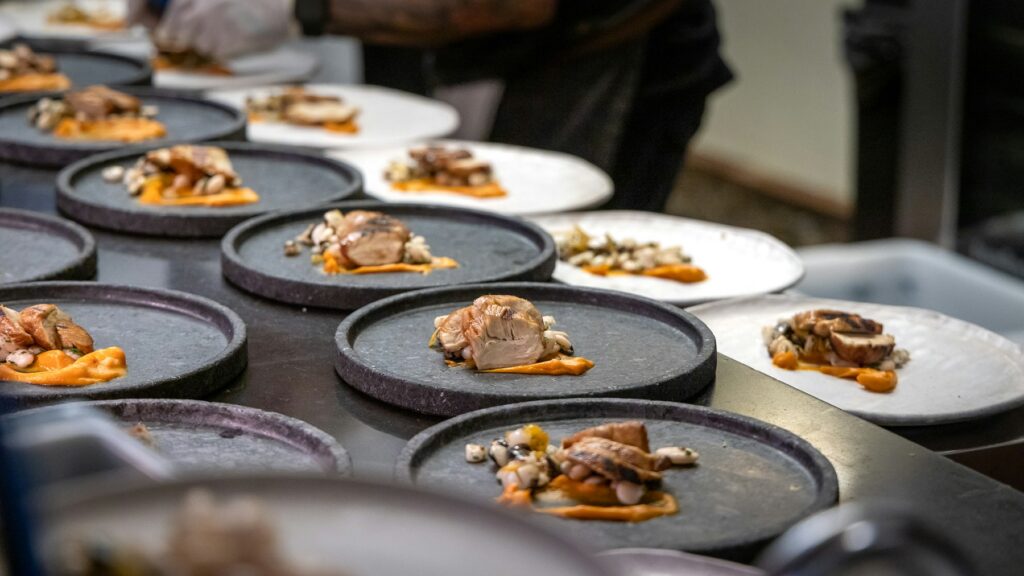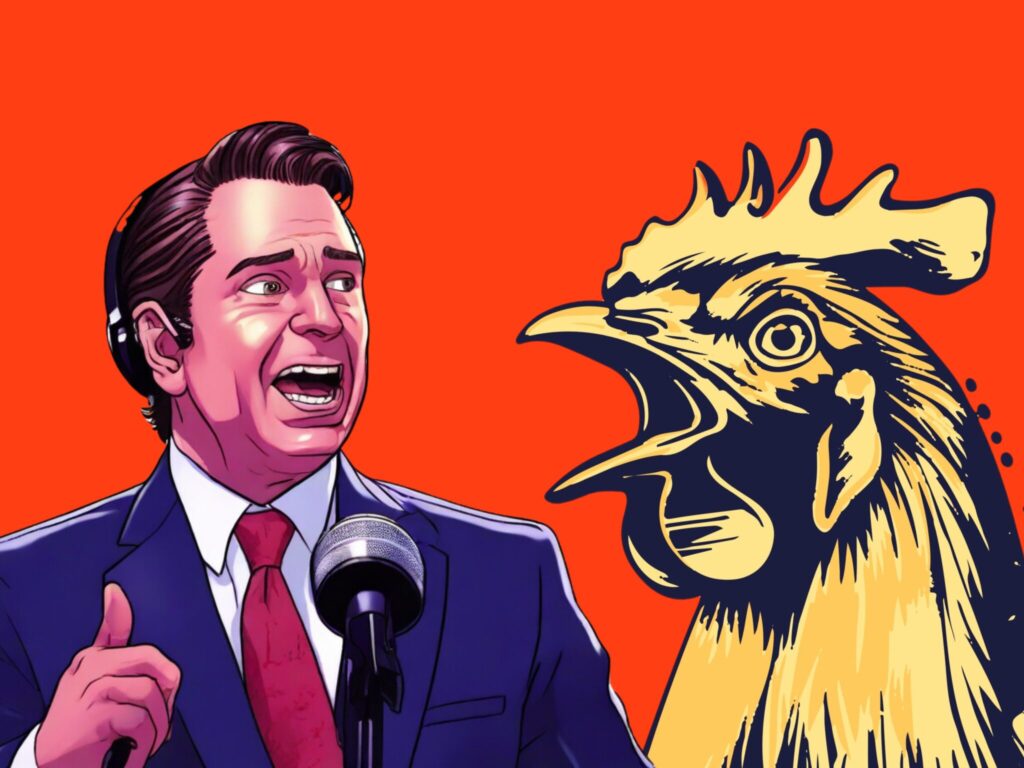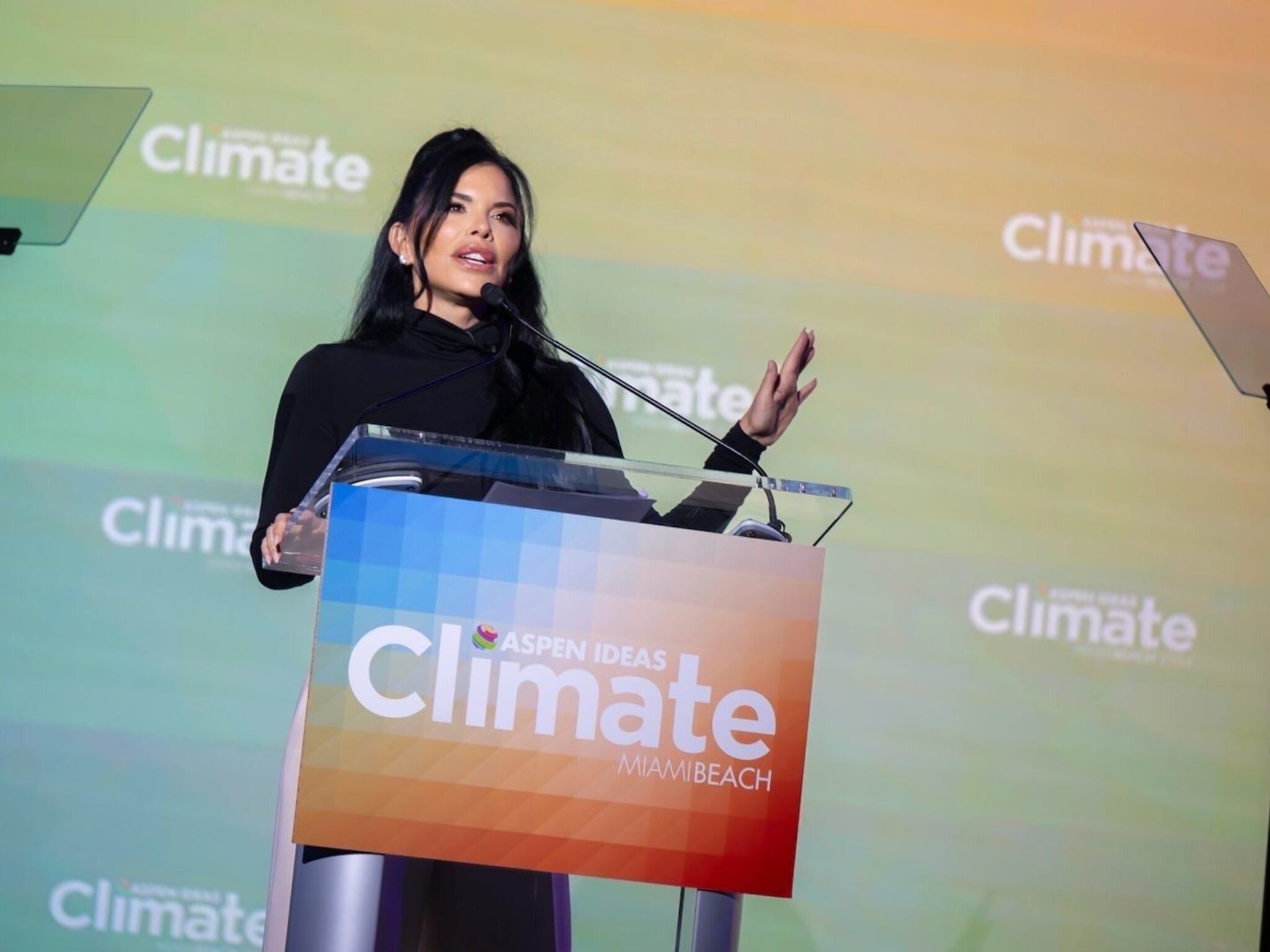Centers for Sustainable Protein: Bezos Earth Fund to Invest $60M for Tastier, Cheaper & Healthier Alt-Protein
5 Mins Read
The Bezos Earth Fund has earmarked $60M to establish the Centers for Sustainable Protein, which will target tech barriers to reduce production costs, enhance taste profiles, and improve the nutritional benefits of alternative proteins.
As part of its $1B pledge to transform the food system’s impact on climate change, the Bezos Earth Fund is investing an initial $60M in alternative protein centres that will work to make plant-based, fermentation-derived and cultivated meat products cheaper, healthier and tastier.
The Bezos Centers for Sustainable Protein was announced at the Aspen Ideas: Climate conference in Miami, Florida by the fund’s vice-chair Lauren Sánchez. “We need to invent our way out of climate change. And we’re going to do it,” she told an audience at the event. “Trust me, I’ve had them and you can hardly tell the difference. I really like ‘em,” she added, referring to meat analogues.
Making alt-meat cheaper, healthier and better

The Bezos Earth Fund was launched in 2020 through a $10B grant by Amazon founder Jeff Bezos (who is also Sánchez’s fiancé and the third-richest man in the world). Last year, the fund committed $1B towards a transformation of the food system, which accounts for a third of all emissions. The first investment from this sum came during COP28 in December, when it set aside $57M in food-related grants to tackle the threats of climate change and biodiversity loss and preserve food security.
More than half of this money ($30M) went to making livestock more sustainable – animal agriculture is currently responsible for 11-19.5% of all global emissions. Now, the Earth Fund’s second funding commitment for food touches upon a similar aspect of the industry. Plant-based and cultivated meat are much more planet-friendly than industrially farmed meat, a fact that even the UN recognised in a landmark report published during COP28, where food systems were prioritised, but solutions were middling.
One study has found that replacing half of our meat and dairy intake with plant-based alternatives can reduce agricultural and land use emissions by 31%, cut water consumption by 10%, and halt deforestation. Similarly, vegan diets have been found to cut emissions, land use and water pollution by 65% compared to meat-heavy eating habits. And one life-cycle assessment suggests that cultivated meat requires 92% lower emissions, 95% less land and 78% less water than conventional beef.
This is why the Bezos Earth Fund is backing alternative proteins, which have had a dip in sales over the last couple of years as Big Meat-backed misinformation campaigns, the cost-of-living crisis and concerns about ultra-processed foods have discouraged many consumers from these products. In fact, global VC funding in this sector halved last year.
The fact that one of the world’s richest people is backing these proteins, however, is a sign of their huge potential. The new university research centres will use science and technology to improve on what’s currently out there – taste, health and price have constantly been cited as consumers’ biggest concerns about plant-based meat, and it’s these aspects that the new facilities will focus on. “They need to cost less, they need to be more flavorful,” Andy Jarvis, director of future food at the Bezos Earth Fund, told Bloomberg.
The Earth Fund states that current biomanufacturing challenges lead to high costs and limited quality, but notes that there are “enormous opportunities” to enhance the flavour and texture through innovations in cell biology and engineering. In that vein, the centres – which will be set up over the next five years – will work on driving down manufacturing costs and discovering new ingredients for alternative protein.
“Alternative proteins are an imperative if we are to stay within planetary boundaries, if we are to feed 10 billion people within those boundaries,” said Jarvis. “We’re investing in alternative proteins because they need to be successful.”
Why the Bezos Earth Fund announcement was ironic

There was a certain irony in the location of Sánchez’s announcement. The event was in Florida, which has been making headlines ever since it first proposed a ban on cultivated meat late last year. Just last week, its lawmakers approved a bill to prohibit the sale and production of these proteins in the state, which is now headed to governor Ron DeSantis, who – if his past comments about “fake meat” are anything to go by – is expected to greenlight it.
Florida’s decision has been slammed by many quarters. But while backlash from the alternative protein industry is obviously expected, it’s perhaps telling how divisive and baseless this ban is when even the conventional meat industry – the same one DeSantis and his Republican-controlled state chambers are attempting to safeguard – is opposed to it.
In a letter to DeSantis, the North American Meat Institute – the country’s oldest and largest trade association (representing 95% of the US’s meat output), – called the ban “bad public policy”. Its COO and general counsel Mark Dopp wrote: “Legislators and others who beat the ‘food safety’ drum in support of HB 1071 and SB 1084 do so at their peril, and the peril of others, because these bills establish a precedent for adopting policies and regulatory requirements that could one day adversely affect the bills’ supporters.”
He suggested that the bill could set a precedent for climate or health policies in other states that could ban conventional meat. “Restricting the sale and manufacture of cell-cultivated meat products limits consumer choice and denies Floridians access to food options,” he added. “Decisions about what to consume or purchase should be left to the market and consumers, not dictated by legislation that hampers progress and competition.”
That is exactly what the Bezos Earth Fund’s latest investment is trying to protect. The company has already backed Chilean plant-based pioneer NotCo – whose joint venture with Kraft Heinz has yielded vegan versions of Kraft dinner, Oscar Mayer hot dogs and, most recently, KD mac and cheese. Bezos himself, meanwhile, was part of a group that has invested in Nature’s Fynd, which makes sausage patties, cream cheeses and yoghurts using mycelium fermentation. It has previously invested $5.5M in R&D projects for alternative proteins, in partnership with industry think-tank the Good Food Institute.
Sánchez reiterated Jarvis’s point about feeding 10 billion people – the estimated world population by 2050 – with healthy food while protecting the planet. “We can do it, and it will require a ton of innovation,” she said in a statement. “Our world is poised for transformation, for a future not constrained by compromise. Solutions to our greatest challenges often come from the quiet persistence of those willing to question, reimagine, and innovate.”



